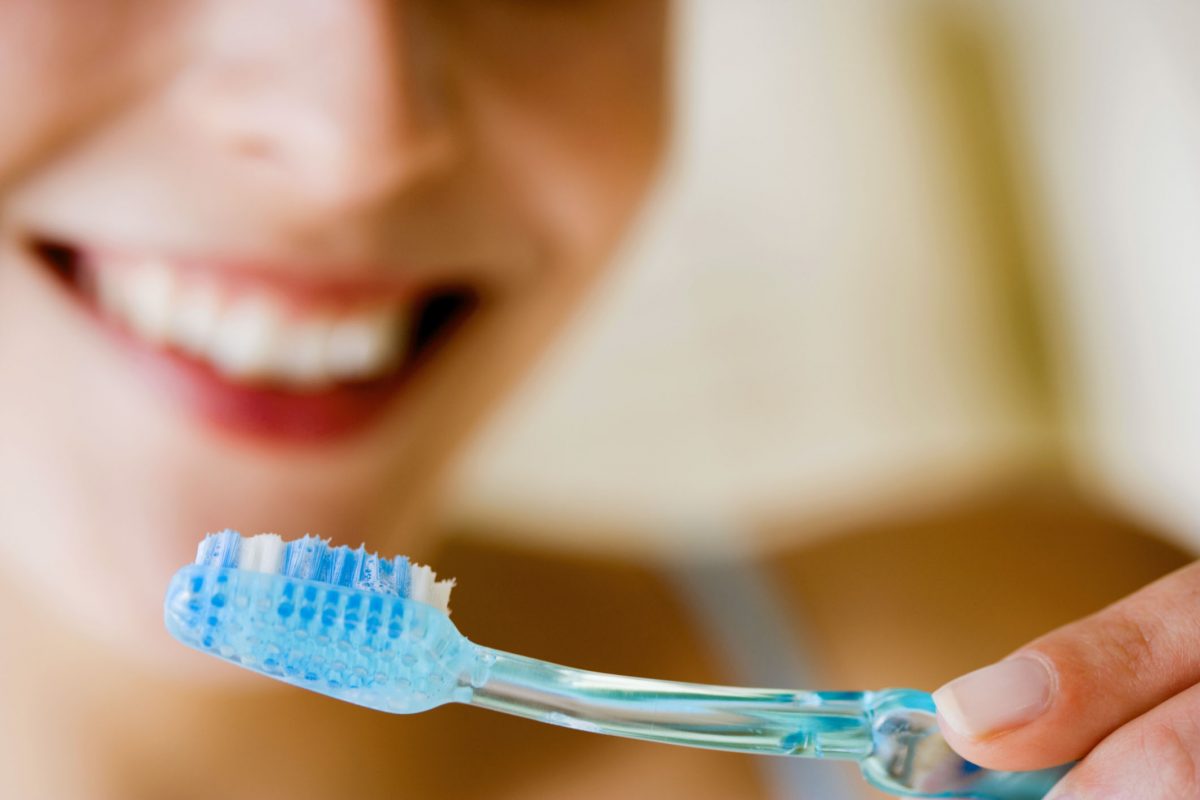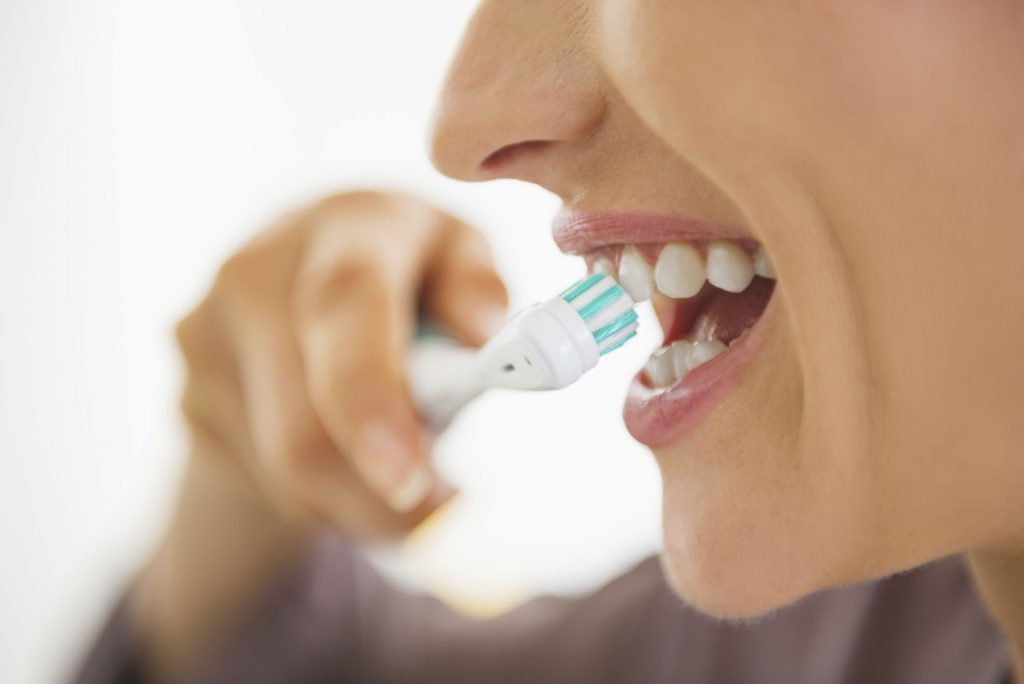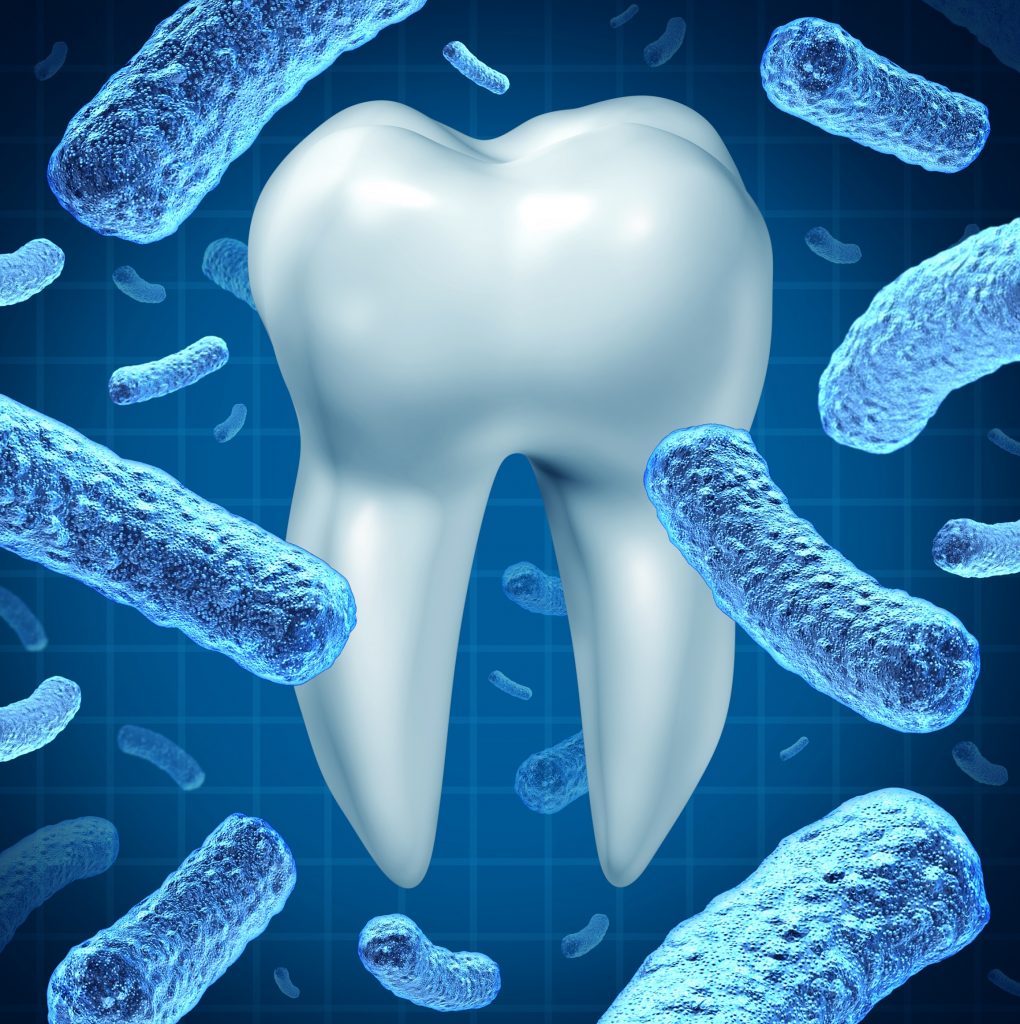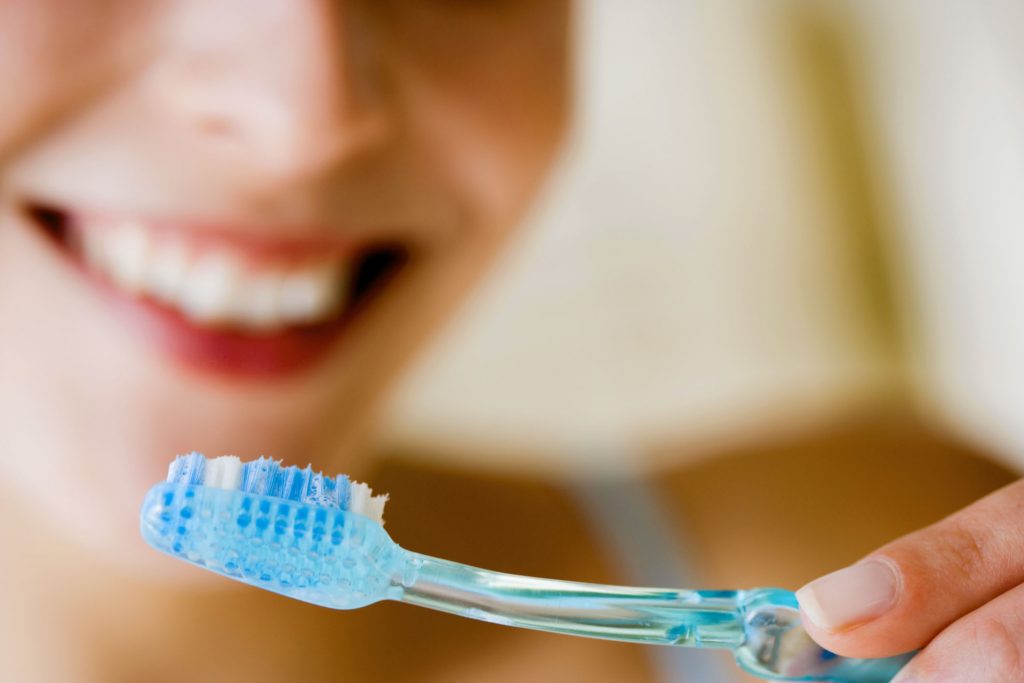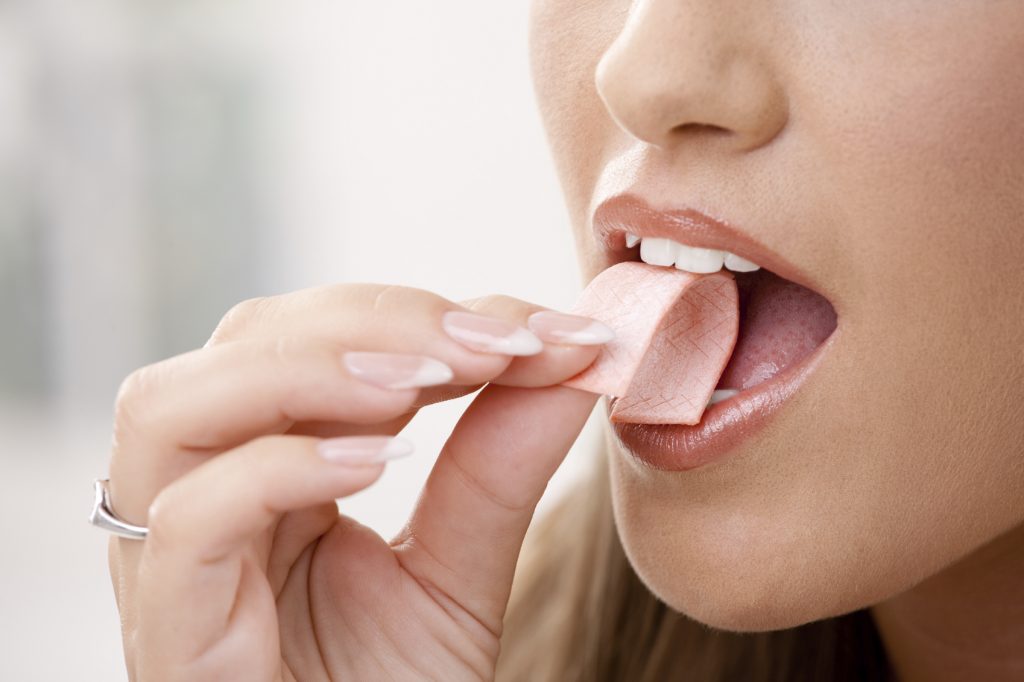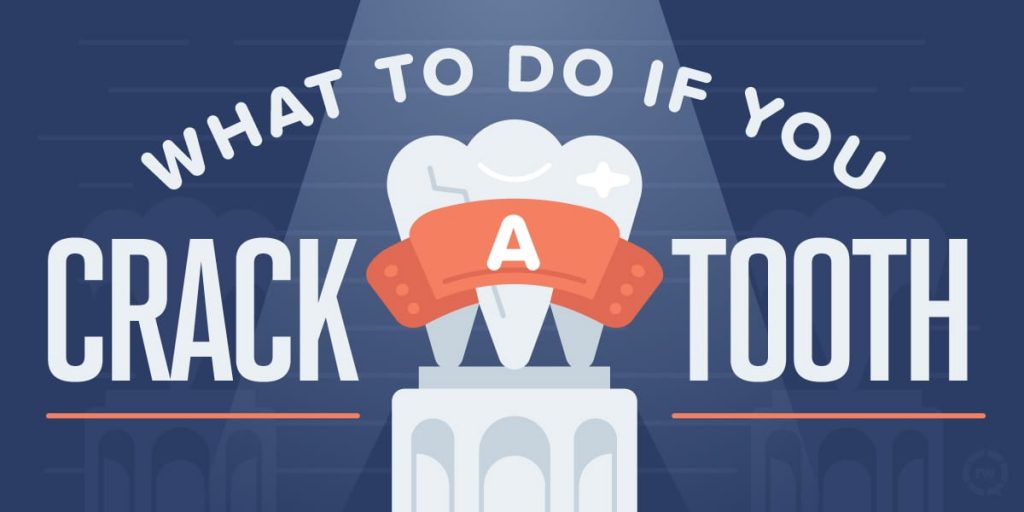We all know that oral microbiota contributes to our overall oral hygiene. Good bacteria and harmful bacteria coexist, and certain behaviors can advance one or the other. In general, a good oral care routine and healthy eating will keep the harmful bacteria at bay without any serious issues. Here are some things you should know about the bacteria that exist within your mouth.
Harmful Bacteria
Streptococcus mutans is specifically found on tooth surfaces and difficult-to-clean areas like pits and fissures on the teeth. It feeds on the sugars and starches you eat, leading to the formation of cavities. This bacteria is the main cause of tooth decay in humans because it produces enamel-eroding acids and thrives in a low pH.
Periodontitis is a serious inflammatory disease that affects the tissues and the alveolar bone that support the teeth. While this disease is caused by several types of bacteria, Porphyromonas gingivalis is strongly linked to it.
Helpful Bacteria
lactobacilli bacteria can fight several kinds of harmful bacteria and may help restore a healthy balance in your mouth. This bacteria can be found in some types of chewing gum and people with gingivitis may be asked to use it every day by their dentist.
Streptococcus Salivarius helps suppress oral pathogens like Streptococcus Pyogenes and Streptococcus Pneumonia that cause infections and autoimmune disorders. It also provides immune support to help reduce symptoms of oral and respiratory viral infections while crowding out other potentially harmful oral pathogens.
If you would like to find out more, contact Dr. Ahmadi at 323-312-0500 to schedule a consultation or visit www.dentalimplantcare.com for additional information.
Dr. Mike Ahmadi proudly serves Bell and all surrounding areas.

